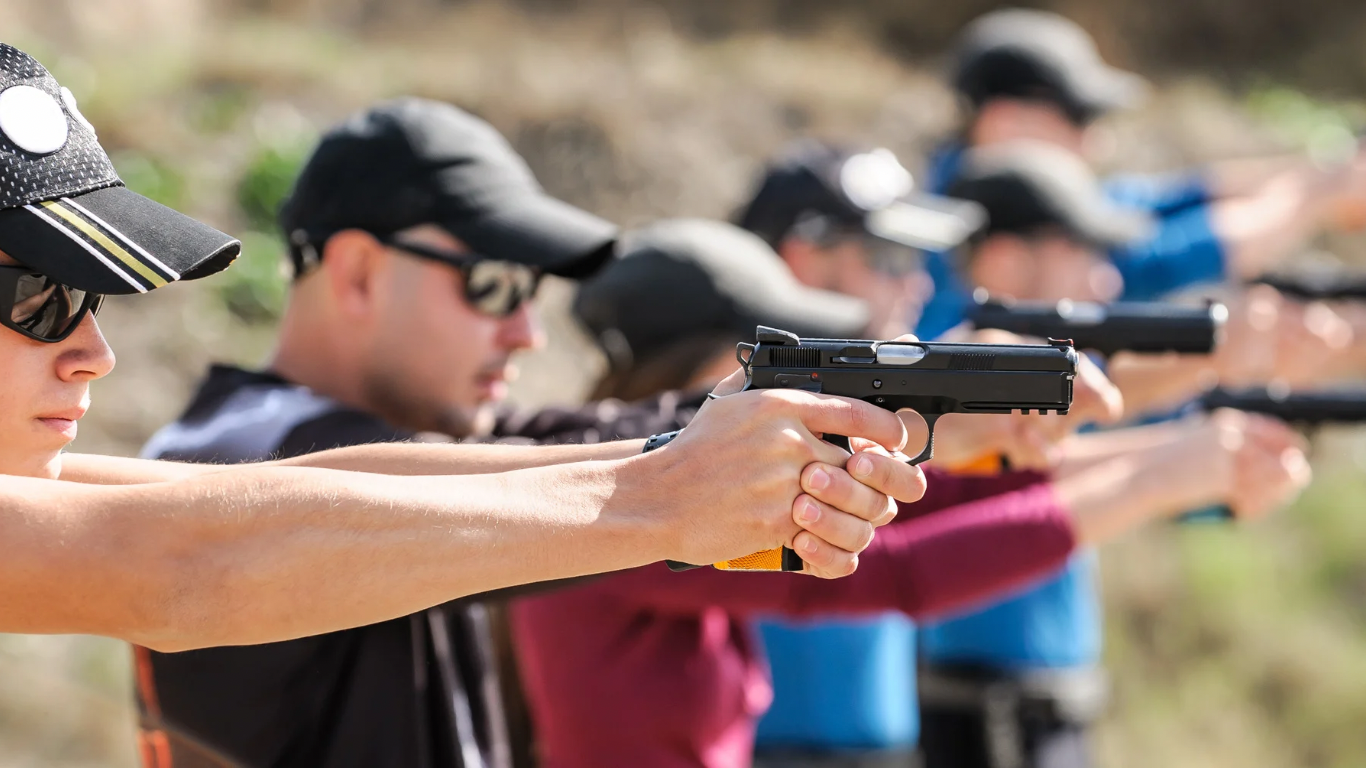Are you planning on carrying a firearm on your boat for protection? It’s essential to know the legal regulations surrounding guns on boats. As a responsible gun owner, it’s important to familiarize yourself with state and federal laws before setting sail.
The regulations surrounding guns on boats can differ from state to state, so it’s essential to do your research to comply with the law and ensure the safety of yourself and your passengers.
Federal Law
Federal law allows individuals to carry firearms on vessels for self-defense purposes. The law also permits individuals to transport firearms through different states while on their boat. However, the firearms must be unloaded and inaccessible, with ammunition stored separately.
However, there are exceptions to this rule. For example, if an individual is traveling through states that prohibit firearms, such as Washington, D.C., or New York, they must abide by state regulations.
State Regulations
State regulations on firearms on boats can differ significantly from federal regulations, and it’s essential to know and follow them. For example, some states, such as Florida and Texas, don’t require a permit to carry a concealed weapon while on a boat. However, states like California and New York require a permit to carry firearms, and you must comply with state licensing and registration requirements.
Make sure to research the specific state laws you will be navigating in and comply with those laws. Ignorance of the law is not an excuse, and penalties for noncompliance can be severe.
Safety Precautions
While carrying a firearm on your boat can provide protection, safety should still be your top concern. Make sure always to handle firearms responsibly and securely store them when not in use. It’s also essential to consider the safety of other passengers on the boat who aren’t familiar with firearms.
Recreational Use vs. Commercial Use
If your boat is used for commercial purposes, such as fishing charters or tour boats, different rules may apply. Commercial boats are subject to additional regulations, permits, and fees.
If you own a commercial boat, it’s essential to consult with an attorney to ensure compliance with federal and state laws and regulations.
Conclusion
To sum up, carrying a firearm on a boat comes with added responsibility. It’s essential to familiarize yourself with federal and state laws and regulations, handle firearms responsibly, and put safety first. If in doubt, seek legal counsel to ensure compliance and keep yourself and your passengers safe. Remember, responsible gun ownership extends beyond land to the sea. Stay informed and stay safe.






